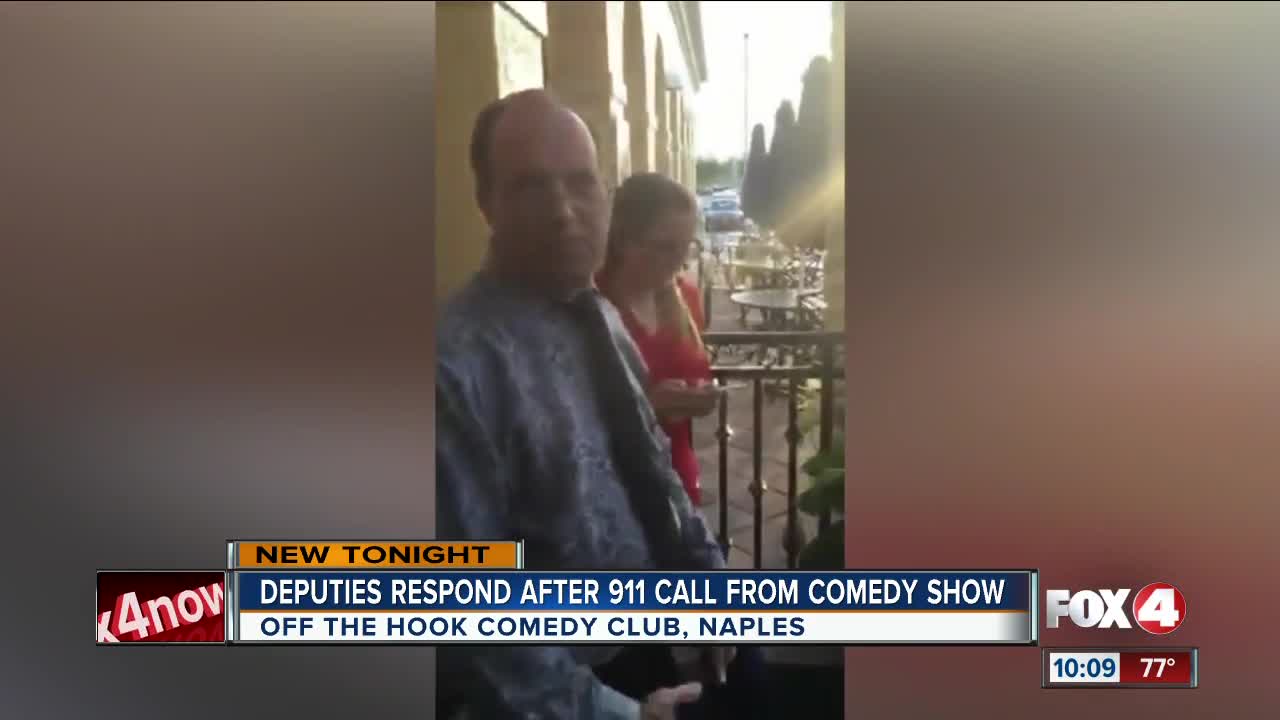Humor has always been a fascinating coping mechanism, allowing us to navigate through the roughest patches of life. Among the various forms of humor, 911 jokes stand out as a controversial yet intriguing way to address a topic that is deeply intertwined with tragedy and loss. These jokes, while often met with mixed reactions, serve as a reminder of the resilience of the human spirit, even in the face of adversity. It is important to understand the delicate balance between humor and sensitivity when delving into such topics, as they can evoke strong emotions and diverse perspectives.
In a world where laughter is sometimes hard to come by, 911 jokes can serve as a bridge for some, allowing them to find light even in darkness. However, the delicate nature of the subject matter raises questions about appropriateness and context. Who can tell these jokes, and under what circumstances? The intent behind the humor plays a significant role in its reception. As we explore this topic further, we will unravel the complexities of 911 jokes and the societal implications surrounding them.
Throughout this article, we aim to dissect the nuances of 911 jokes, examining the boundaries of humor, the potential for healing, and the influence of cultural context. We will also delve into real-life examples, share thoughts from comedians, and consider the impact such jokes have on various audiences. Join us as we embark on this thought-provoking journey to understand the world of 911 jokes.
What Are 911 Jokes?
911 jokes are a category of humor that references emergency situations, particularly those involving the 911 emergency response system. They often play on the absurdity of certain scenarios, exaggerating the situation for comedic effect. While some find these jokes to be a form of dark humor, others view them as offensive and disrespectful. Understanding the definition and context of these jokes is crucial in navigating the conversations surrounding them.
Why Do People Make 911 Jokes?
The motivations behind creating and sharing 911 jokes can vary widely. Some individuals use humor as a coping mechanism, attempting to deal with personal loss or trauma related to emergencies. Others may simply find amusement in the shock value of such jokes. Nonetheless, the reasons can range from therapeutic to comedic, but the underlying question remains: is there ever an appropriate time for such humor?
Are 911 Jokes Offensive?
The line between humor and insensitivity is thin, and 911 jokes are often at the center of this debate. For many, these jokes can serve as a painful reminder of traumatic events, leading to feelings of anger or frustration. On the other hand, some individuals argue that laughter can be a powerful tool in overcoming grief. Evaluating the audience and context is essential in determining whether a 911 joke will be well-received or deemed offensive.
Who Typically Tells 911 Jokes?
Various groups of people may share 911 jokes, including comedians, friends, or even individuals in casual conversations. Comedians often use dark humor as a way to push boundaries and challenge societal norms. However, it is essential to recognize that not everyone has the same sense of humor, and what may seem funny to one person can be deeply offensive to another. Thus, understanding the audience and the context is crucial in determining the appropriateness of sharing these jokes.
What Are Some Examples of 911 Jokes?
While many 911 jokes can be inappropriate or offensive, some may find humor in playful or harmless interpretations. Here are a few examples that tread lightly on the topic:
- Why did the smartphone break up with the landline? Because it couldn’t handle the 911 calls!
- What did the firefighter say when he arrived at the comedy club? “I’m here to put out the fire, but I can’t save those jokes!”
- Why did the chicken call 911? Because it was in a fowl situation!
These examples demonstrate a light-hearted approach to the topic, but it is essential to consider the context in which they are shared.
Can 911 Jokes Help with Healing?
In some instances, 911 jokes can serve as a form of therapy for individuals dealing with traumatic experiences. Humor can help individuals process their emotions, allowing them to confront difficult subjects in a less threatening manner. For some, laughing at the absurdities of life can be a way to regain a sense of control after experiencing chaos. However, it is crucial to approach this form of humor with sensitivity, as not everyone will find solace in it.
How Do Different Cultures View 911 Jokes?
Culture plays a significant role in shaping our understanding of humor, and 911 jokes are no exception. In some cultures, dark humor is more widely accepted as a means of coping with adversity, while in others, it may be seen as taboo. Various factors, including historical context and societal norms, can influence the reception of such jokes. Understanding these cultural differences is essential when discussing the appropriateness of 911 jokes.
What Are the Consequences of Sharing 911 Jokes?
Sharing 911 jokes can lead to a variety of consequences, depending on the audience and context. While some may find them amusing, others may experience anger or frustration. In professional settings, these jokes may lead to disciplinary action or damage to one’s reputation. Moreover, in social circles, sharing inappropriate jokes can lead to strained relationships. It is vital to weigh the potential outcomes before sharing such humor.
Conclusion: Are 911 Jokes Worth the Risk?
In conclusion, 911 jokes represent a complex intersection of humor and sensitivity. While they can serve as a coping mechanism for some, they can also evoke strong negative reactions from others. It is essential to approach this topic with care, considering the audience and context before sharing such jokes. Ultimately, the world of 911 jokes serves as a reminder of the power of humor and its potential to either heal or harm, depending on how it is wielded.



